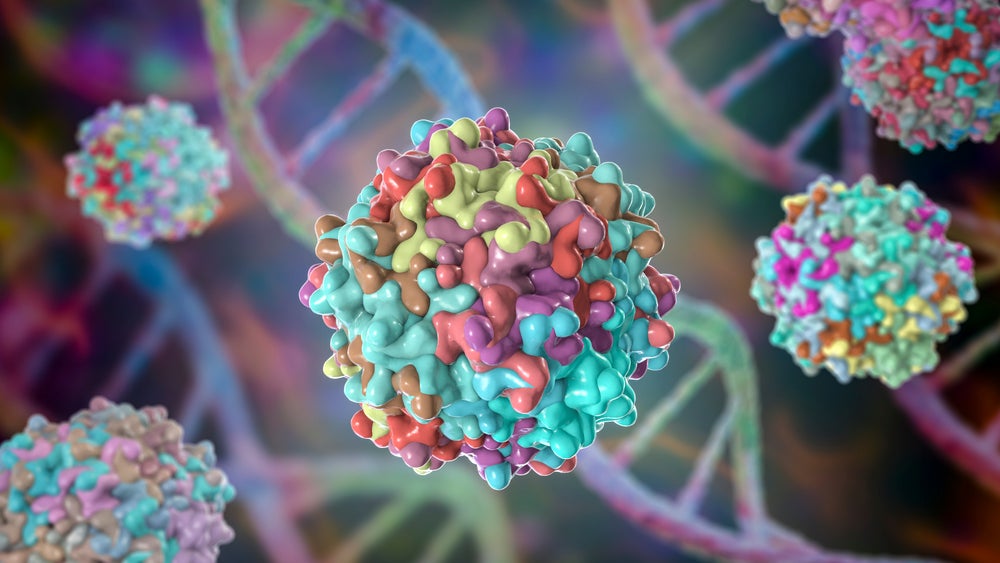Pfizer has reported that its Phase III CIFFREO clinical trial of investigational mini-dystrophin gene therapy, fordadistrogene movaparvovec, in ambulatory boys aged four to seven years with Duchenne muscular dystrophy (DMD) failed to achieve its primary endpoint.
The global, multi-centre, randomised, double-blind, placebo-controlled trial aimed to evaluate the safety and efficacy of the gene therapy in participants who were on a stable daily regimen of glucocorticoids.
The primary endpoint was the change from baseline in the North Star Ambulatory Assessment (NSAA) total score after one year.
According to the final analysis data, no significant improvement in motor function was observed in the gene therapy treated group versus the placebo group.
Key secondary outcomes such as the 10m run/walk velocity and time to rise from the floor velocity also showed no notable difference between the two sets of participants.
Despite the trial not meeting its primary endpoint, the safety profile of fordadistrogene movaparvovec was considered manageable.
Most adverse events were mild to moderate in severity, with serious adverse events linked to the treatment generally responded to clinical management.
The CIFFREO study is under a dosing pause due to a fatal serious adverse event reported in the Phase II DAYLIGHT trial of fordadistrogene movaparvovec, which involved younger DMD patients aged two to three years.
DMD is a severe genetic disorder characterised by weakness and gradual muscle degeneration.
Pfizer Duchenne muscular dystrophy development head Dan Levy said: “We are extremely disappointed that these results did not demonstrate the relative improvement in motor function that we had hoped.
“We plan to share more detailed results from the study at upcoming medical and patient advocacy meetings, with the goal of ensuring that learnings from this trial can help improve future clinical research and development of treatment options that can improve care for boys living with Duchenne muscular dystrophy.”
Editorial content is independently produced and follows the highest standards of journalistic integrity. Topic sponsors are not involved in the creation of editorial content.










